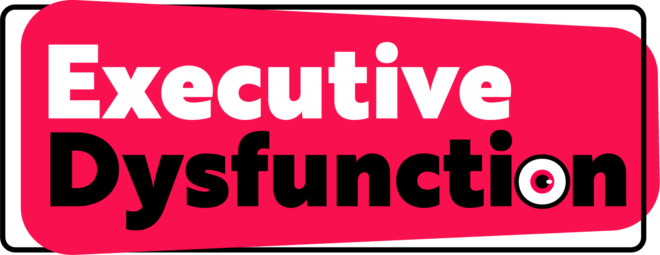
Naina Dhingra
Advocates for Youth
Naina Dhingra is the Director of International Policy at Advocates for Youth and serves on the Developed Country NGO Board Delegation of the Global Fund.
Naina Dhingra is the Director of International Policy at Advocates for Youth and serves on the Developed Country NGO Board Delegation of the Global Fund.



